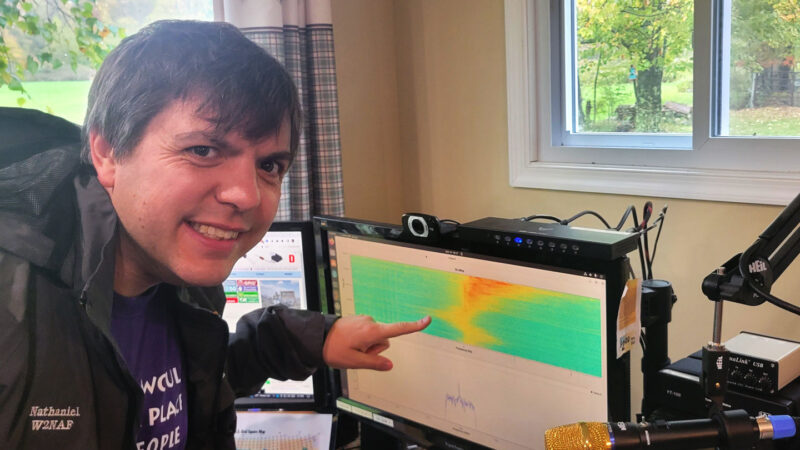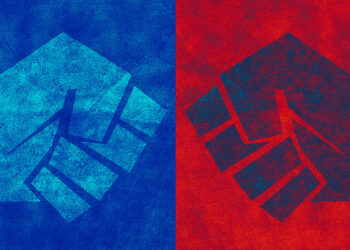amateur: One who engages in a pursuit as a pastime, not as a profession.
atmosphere: The envelope of gases surrounding Earth, another planet or a moon.
audio: Having to do with sound.
blackout: (in energy) The loss of electric power to a broad area, and so named because all of the electric lights in the affected area will blink off when this occurs (unless they have a backup electric generator).
Braille: A writing system, used by blind or visually impaired people, that relies on patterns of dots to represent letters, numbers and other characters. When formed of raised dots, Braille may be read by scanning a fingertip over the patterns.
code: (in computing) To use special language to write or revise a program that makes a computer do something. (n.) Code also refers to each of the particular parts of that programming that instructs a computer’s operations.
data: Facts and/or statistics collected together for analysis but not necessarily organized in a way that gives them meaning. For digital information (the type stored by computers), those data typically are numbers stored in a binary code, portrayed as strings of zeros and ones.
disrupt: (n. disruption) To break apart something; interrupt the normal operation of something; or to throw the normal organization (or order) of something into disorder.
eclipse: This occurs when two celestial bodies line up in space so that one totally or partially obscures the other. In a solar eclipse, the sun, moon and Earth line up in that order. The moon casts its shadow on the Earth. From Earth, it looks like the moon is blocking out the sun. In a lunar eclipse, the three bodies line up in a different order — sun, Earth, moon — and the Earth casts its shadow on the moon, turning the moon a deep red.
electrical engineer: An engineer who designs, builds or analyzes electrical equipment.
engineering: The field of research that uses math and science to solve practical problems. Someone who works in this field is…
Read the full article here







